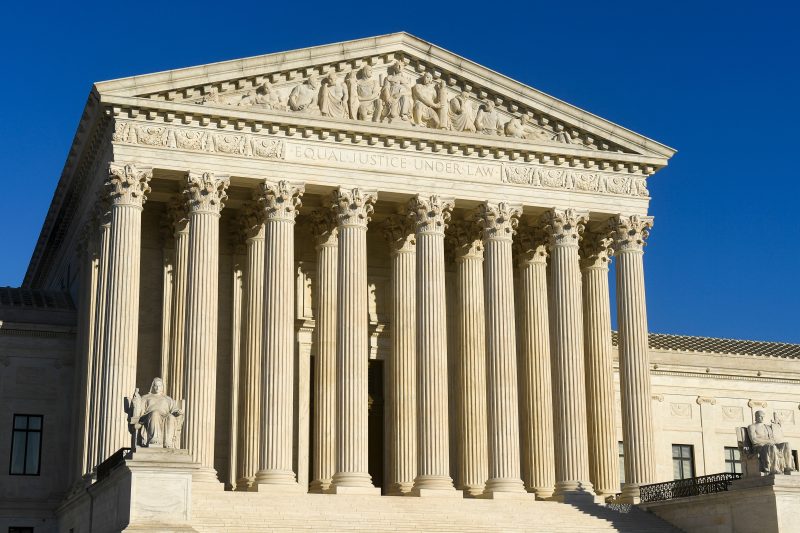The recent decision by the Supreme Court to uphold a block on President Biden’s new Title IX regulations in certain states has sparked a nationwide debate on the future of gender equity in education. Title IX, a federal civil rights law passed in 1972, prohibits discrimination on the basis of sex in educational programs and activities. Biden’s new regulations aimed to expand protections under Title IX to include gender identity and sexual orientation, providing greater support for transgender and non-binary students.
However, some states pushed back against the new regulations, arguing that they exceeded the scope of Title IX and encroached on states’ rights. The Supreme Court’s decision to maintain the block on the regulations in these states has implications not only for the LGBTQ+ community but also for the broader landscape of gender equality in education.
One of the key arguments raised by opponents of Biden’s regulations is the potential impact on women’s sports. Critics claim that allowing transgender women to compete in women’s sports under the new regulations would give them an unfair advantage, jeopardizing the integrity of women’s athletics. Proponents, on the other hand, argue that transgender athletes should have equal opportunities to participate in sports and that excluding them based on their gender identity is discriminatory.
The Supreme Court’s decision to uphold the block on Biden’s regulations reflects the complex legal and ethical questions surrounding gender equity in education. While Title IX was originally intended to address gender disparities in athletics, its application to issues of gender identity and sexual orientation has become a contentious issue in recent years. The tension between protecting the rights of transgender and non-binary students and preserving the integrity of women’s sports highlights the need for careful consideration and clear guidelines in navigating these complex issues.
Moving forward, it is clear that there is a pressing need for further dialogue and collaboration among stakeholders in the education sector to develop inclusive and equitable policies that address the diverse needs of all students. The Supreme Court’s decision serves as a reminder of the ongoing challenges in achieving gender equity in education and the importance of upholding the principles of equality and fairness for all students, regardless of their gender identity or expression.
